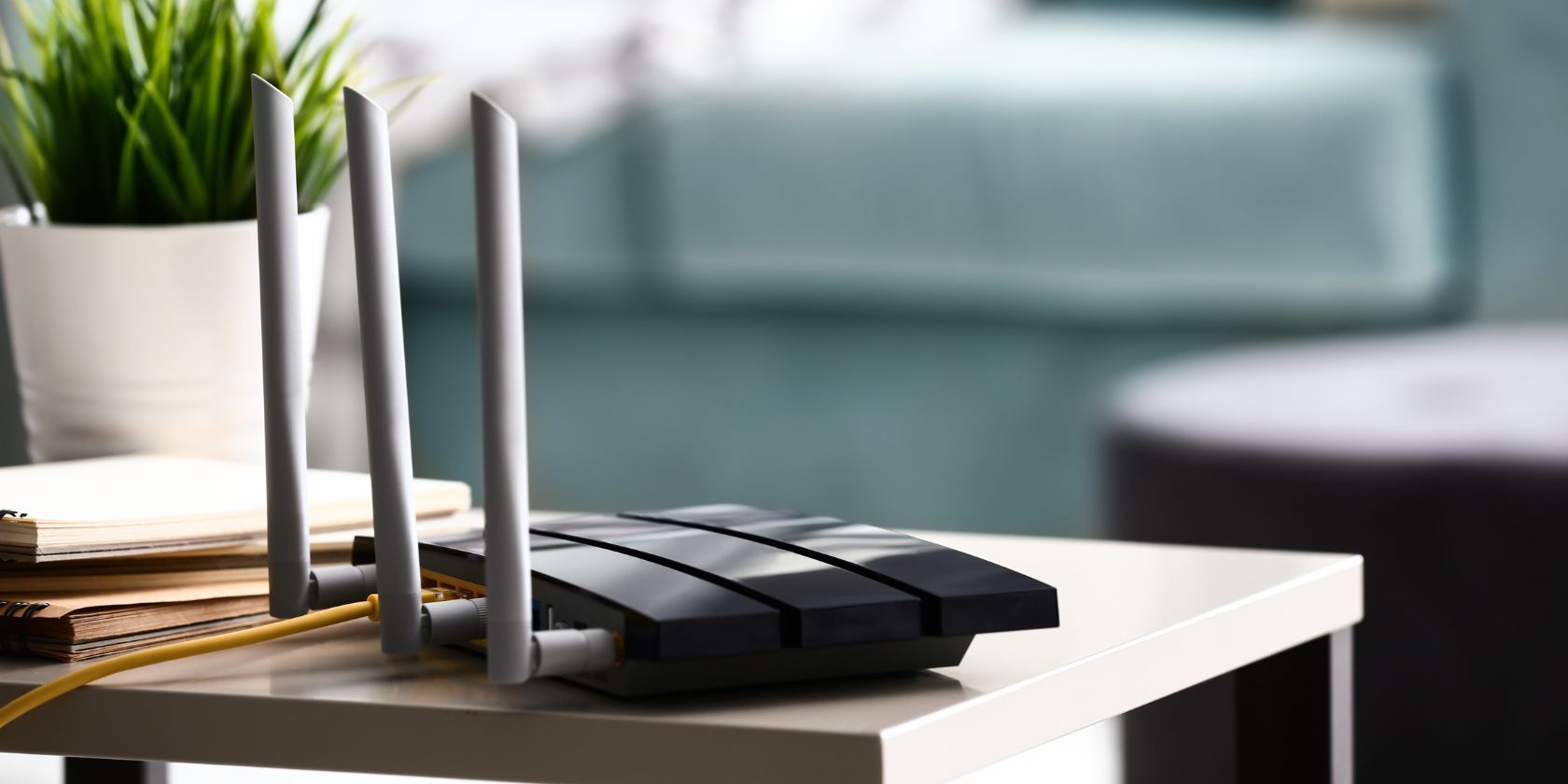
Home Charging Essentials for Electric Vehicles: A Comprehensive Guide

Home Charging Essentials for Electric Vehicles: A Comprehensive Guide
So you just bought an electric vehicle. You’ve probably got a bunch of questions about your new purchase, including: How do I charge my car at home? Don’t worry. We’ve got the answers for you.

WPS Office Premium ( File Recovery, Photo Scanning, Convert PDF)–Yearly
Do I Need a Special EV Charger Outlet at Home?
:max_bytes(200000):strip_icc():format(webp)/120voltoutlet_SMALLER_v3_EHStock_GettyImages-3668a6ded6b040a49c6b23a28f176047.jpg)
EHStock/Getty
While the technical answer is “no,” you’ll likely want a dedicated level 2 charger at home if you rely on an electric vehicle as your primary mode of transportation.
Unlike other electrified vehicles like plug-in hybrids, which use small batteries to complement internal combustion engines, a pure EV relies exclusively on a very high capacity battery to power the vehicle. As a result, an EV’s battery requires significant amounts of electricity to charge.
Most electric cars include an adaptor that plugs into a standard 110-volt wall outlet. These Level 1 chargers resemble oversized extension cords and are handy if you’re ever caught in a situation where high-capacity charging is not available.
The downside to that convenience is that a standard wall outlet only adds 3 to 5 miles of range per hour. At that rate, an overnight charge of 10 hours only provides 50 miles or so of driving distance.
Having the flexibility of quick top-offs ensures you’ll always have enough range for unplanned errands or last-minute longer distance trips is where a Level 2 fast charger comes in.
Unlike standard chargers, a Level 2 setup is approximately 5 times faster, boosting charging speed to approximately 25 miles of range per hour. An overnight charge usually provides enough time for a full charge with most EVs.
The standard North American Level 2 charger uses a universal J1772 connector; it’s safe to assume your EV uses a J1772 setup, though Tesla vehicles use a proprietary connector that can be easily linked to a J1772 connector using an adaptor.
Keep in mind that frequently charging your EV to 100 percent and depleting the battery close to zero will reduce the life of the battery. For this reason, you can adjust charger and car settings to limit the charge to 80 percent (it’s often the default setting in fact), thereby promoting battery longevity.
What Do I Need to Set Up a Level 2 Charger at Home?
:max_bytes(200000):strip_icc():format(webp)/Level2240voltcharger_Lefanev_VERTICAL-5db62a8747d0442dbd3240d0a1ee2dd9.jpg)
Lefanev/Getty
You’ll have several options when shopping for a Level 2 charger, including amperage and cable length. While most Level 2 chargers operate at between 16 and 30 amps, some units use higher capacity 50 amp or even 80 amp setups.
A 50 amp or 80 amp unit might sound attractive because it sends more electrical energy for quicker charges (delivering between 37 and 65 miles of range per hour), but you’ll want to make sure your car is equipped with a higher capacity onboard charger that’s compatible with the higher amperage.
Don’t worry about overloading your car’s electrical system, as higher amperage chargers automatically adjust based on what the vehicle can handle. But if your car is compatible with those elevated amps, you’ll find the boost in charge speed a welcome upgrade.
As for charging cable length, we recommend going for the longest available cord, since home parking logistics can often involve unanticipated obstacles like garage clutter or maneuvering around other cars.
Wall charger units can cost anywhere between $300 and $1,200, and you’ll want to consult with an electrician for installation. If you’re not already pre-wired for a 240 volt connection, budget anywhere from $250 to $2,000 for professional installation.
Also note that 50 amp units might require an upgrade to your electrical box. If you live in a condominium or townhouse that’s not pre-wired for a car charger, installation can be significantly costlier.
Virtually all home chargers can be purchased at home improvement stores like Lowes and Home Depot, or online on shopping sites like Amazon. Many can be ordered with the option of either a 240-volt NEMA 14-50 or NEMA 14-30 plug (like you’d use for an electric stove or clothes dryer), or a hard wire directly to your electrical line. Consult with an electrician to confirm which is best for you.
## How Much Will It Cost to Charge My Car at Home?The cost per kilowatt hour to charge your car varies dramatically depending on time of day. Most power companies charge significantly more for energy consumption during peak hours between 4:00 pm and 9:00 pm, to discourage overloading the grid.
Avoid those hours, and electricity costs average between 12 and 14 cents per kilowatt-hour, which translates to anywhere between $14 and $20 for a full charge, depending on your car’s battery capacity. Setting up solar panels can alleviate your electricity bill, so consider using the power of the sun to augment your electrical supply.
Optimizing your charging times to avoid steep rates is easy using smart or connected chargers, which are capable of scheduling charges and tracking charge activity. Smart chargers are often integrated into smart home systems like Alexa, and can recall charging status, state of charge, and miles of range added on command.
In some cases, EVs can return unused electricity back into the grid using vehicle-to-grid, or V2G technology, to create a credit on your electricity bill.
What Is the Future of Home Charging?
Home charging has come a long way in a few short years, and you can expect those innovations to continue as technology continues to develop.
While level 3 (or DC fast) chargers are capable of adding 175 miles of range in only 30 minutes; don’t expect to see fast chargers at homes any time soon since they require significant hardware for safe operation.
Coming sooner are contactless chargers that allow the car to be driven over an induction pad for wireless charging; together with remote parking, these systems will make it easy to simply pull up to your home and allow your car drive itself into the garage for a charge.
- Title: Home Charging Essentials for Electric Vehicles: A Comprehensive Guide
- Author: Andrew
- Created at : 2024-08-18 23:05:19
- Updated at : 2024-08-19 23:05:19
- Link: https://tech-renaissance.techidaily.com/home-charging-essentials-for-electric-vehicles-a-comprehensive-guide/
- License: This work is licensed under CC BY-NC-SA 4.0.


